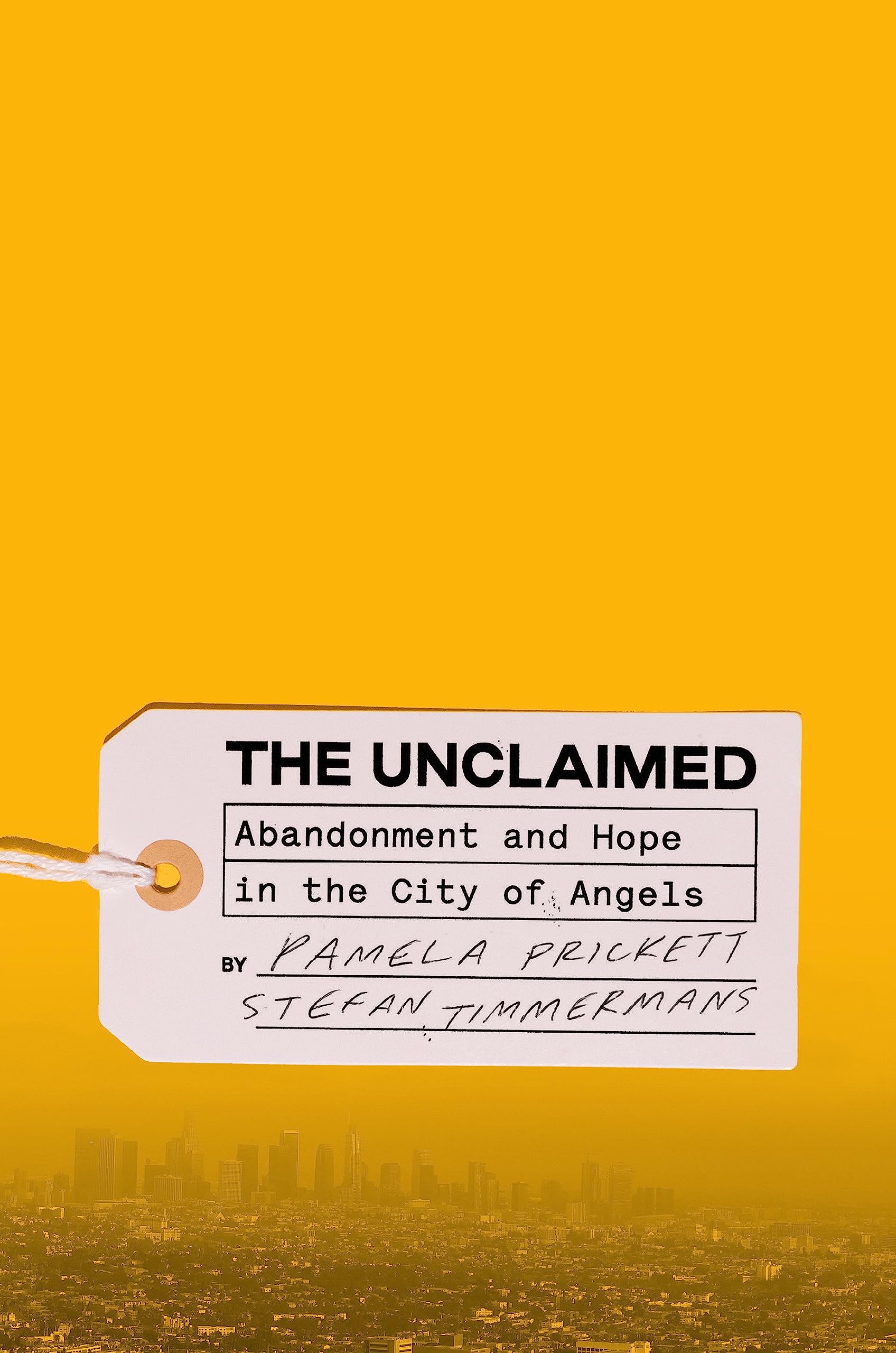What do you think?
Rate this book


336 pages, Hardcover
First published March 12, 2024
What does it say about contemporary America that every year, without the exigency of natural disaster, Los Angeles County buries 1,600 unclaimed bodies in a mass grave? Or that all across the country, communities are struggling to dispose of growing numbers of unclaimed bodies with barely a whisper from elected leaders?
The unclaimed provoke us to ask whether our lives matter. To claim, which originates from the Latin word clamare or to call out, is an act of connection: When you claim, you are asserting a bond between yourself and something or someone else. To go unclaimed, then, is to be disconnected; it is an acknowledgment of severed bonds. If you die and no one calls out for you, did your life have meaning?
• (According to a death scene investigator) a “trash run” is when an elderly person, often a hoarder or a recluse, is found in a neglected dwelling, after decomposition has set in and a foul smell has alerted a neighbor.
• Researchers estimate that more than 40 percent of families in the United States will experience a form of estrangement at some point — frayed relationships with fathers are the most common.
• Wealthy estates with “unknown heirs” were often skimmed off by a shadow group of private investigators, called heir hunters, some of whom had previously worked in the public administrator’s office. They knew there was money to be made amid the county’s heavy caseload, and conducted detailed research to locate heirs, sometimes even contracting with local genealogy clubs and detectives abroad to locate people.
• Yvette Vickers was a 1959 Playboy centerfold and actress who starred in the cult favorite Attack of the 50 Foot Woman. Vickers died in her home in Beverly Hills in 2010 but her body lay undiscovered for nearly a year, until a neighbor did her own welfare check.
• Families come by to pick up ashes in only about one of every six cases. The overwhelming majority of those cremated by the county — more than 82 percent — remain unclaimed.
• An estimated 32,000 people die unattended every year in Japan, their corpses often lingering undiscovered for days, months, and sometimes years. Most will depend on the government for cremation and burial. The phenomenon is so prevalent that it has its own term: kodokushi, which loosely translated means a “lonely death.”
The uncomfortable truth is that the unclaimed are not marginal outliers. All signs suggest that their numbers will continue to rise if nothing changes, and those at risk already dwell among us. They are the resident of the house on the block with the overgrown front yard and disintegrating cardboard boxes piled next to the front door. The man shuffling bent over on his daily walk, always by himself. The trans teenager hitting the streets after an ugly fight with their parents. The quiet nursing home resident, fighting tears after yet another Mother’s Day without a phone call. The unclaimed-in-waiting are everywhere.